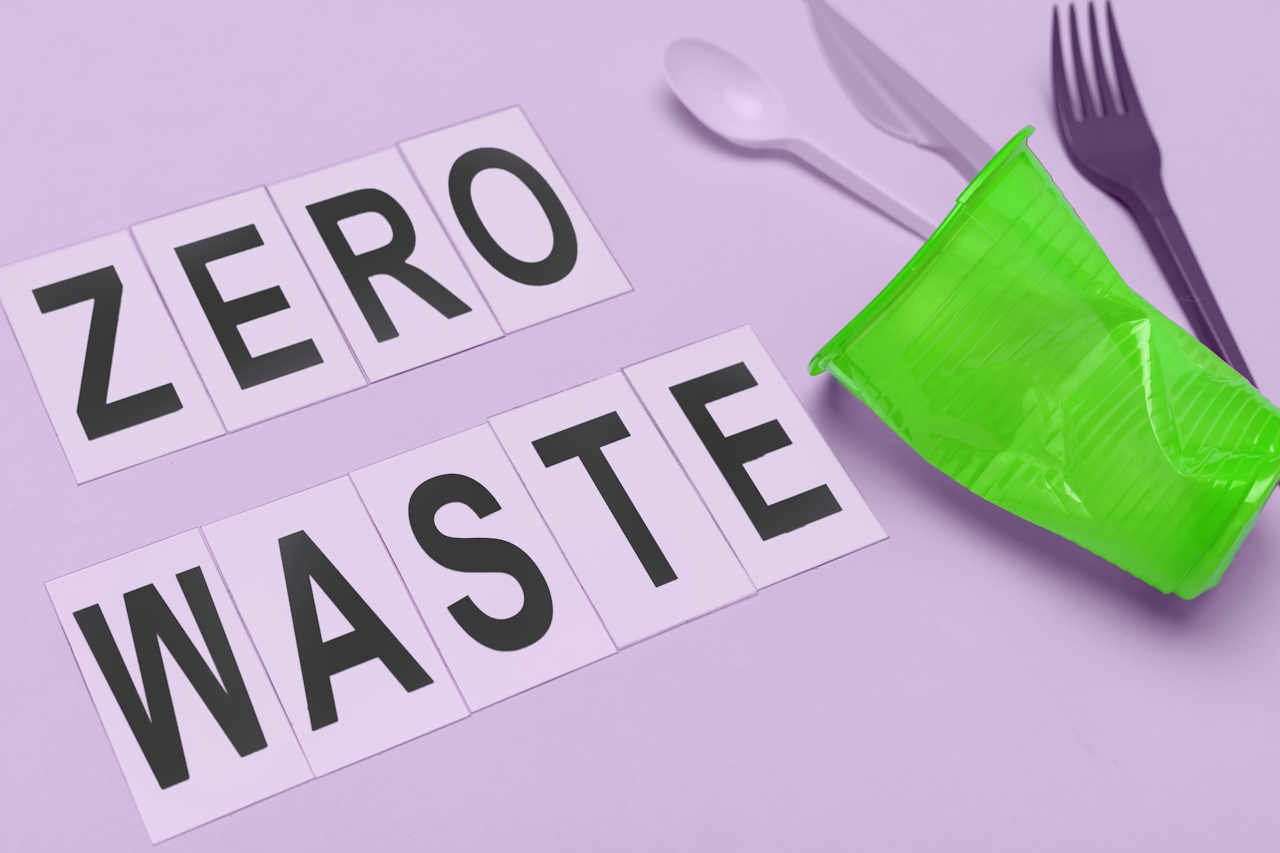 Add My Company
Add My Company

-
Amazon's "Climate Pledge Friendly" Badge: Amazon introduced a badge to highlight more sustainable products. Critics have raised concerns about the clarity and rigor of the criteria used.
- Reference: Wired, 2020
-
Apple's "Liam" Robot: Apple promoted its robot, Liam, which disassembles iPhones for recycling. However, it was argued that this effort was minimal in the face of the vast number of devices Apple produces.
- Reference: The Verge, 2018
-
Chevron's "People Do" Campaign: This advertising campaign suggested Chevron was making significant investments in renewable energy when, in reality, it was a tiny fraction of their overall budget.
- Reference: Mother Jones, 2008
-
Clorox's Green Works: Critics argue that while some of the products under this line might be more environmentally friendly, they still contain synthetic fragrances and are not fully natural.
- Reference: CorpWatch, 2008
-
Coca-Cola's PlantBottle: This bottle was touted as being made from 30% plant-based materials, but critics pointed out it was still primarily made of PET plastic and not biodegradable.
- Reference: The Guardian, 2017
-
Dawn Dish Soap's Wildlife Campaign: While Dawn promoted their product's safety for cleaning animals in oil spills, the overall environmental impact of producing and disposing of plastic bottles wasn't prominently addressed.
- Reference: Personal observation derived from various sources.
-
ExxonMobil: The company faced criticism for funding climate change denial while simultaneously advertising its investments in algae-based fuels.
- Reference: The Guardian, 2019
-
Fiji Water's "Carbon Negative" Claim: The company's claim of being carbon negative faced skepticism given the emissions involved in bottling and shipping water globally.
- Reference: Mother Jones, 2008
-
Ford's "Warriors in Pink": While the campaign raises breast cancer awareness, Ford simultaneously produced cars contributing to air pollution, a potential cancer risk.
- Reference: GreenBiz, 2007
-
General Electric's "Ecomagination": Critics argue that while GE made strides with some green tech, they were simultaneously heavily invested in coal and other polluting industries.
- Reference: The New York Times, 2010
- Kauai Coffee's "Ring of Fire" Pods: These were touted as compostable coffee pods, but they only break down in commercial composting facilities, not in most home compost setups.
- Reference: Triple Pundit, 2016
- McDonald's "Eco-Friendly" McFlurry Cups: McDonald's was praised for a new design that helps prevent harm to wildlife, but critics pointed out the broader environmental impact of the company's massive plastic use.
- Reference: Personal observation derived from various sources.
- Nestlé's "Sustainable" Bottled Water: Despite its promotion of eco-friendly bottle designs, the environmental cost of extracting, bottling, and transporting water is significant.
- Reference: The Guardian, 2017
- Nike's "Flyknit" Sneakers: While touted as waste-reducing due to a one-piece design, they don't address larger issues of fast fashion and product durability.
- Reference: The Guardian, 2016
- PepsiCo's "Green" Aquafina Labels: Aquafina launched a green label to show its eco-friendliness, but it did little to address the environmental impact of bottling water.
- Reference: TreeHugger, 2009
- SC Johnson's "Greenlist" Label: The company faced a lawsuit alleging it misled consumers with its Greenlist label, which made products appear more eco-friendly than they might be.
- Reference: GreenBiz, 2011
- Toyota's Lexus Hybrid: The car was marketed as a "clean car", but it only had marginally better fuel efficiency than similar non-hybrid models.
- Reference: The Guardian, 2007
- Tyson Foods: The company's "100% Natural" chicken label faced criticism due to the use of antibiotics in its poultry supply chain.
- Reference: The New York Times, 2017
- Volkswagen Emissions Scandal: VW falsely marketed their cars as low-emission, environmentally-friendly options when they had rigged them to cheat emissions tests.
- Reference: The New York Times, 2015
- Windex's Green Seal: The product boasted a Green Seal label suggesting eco-friendliness, but the seal merely referred to a reformulated version being better than its predecessor, not that the product was green.
For more information on Greenwashing USA talk to Green Elephant
